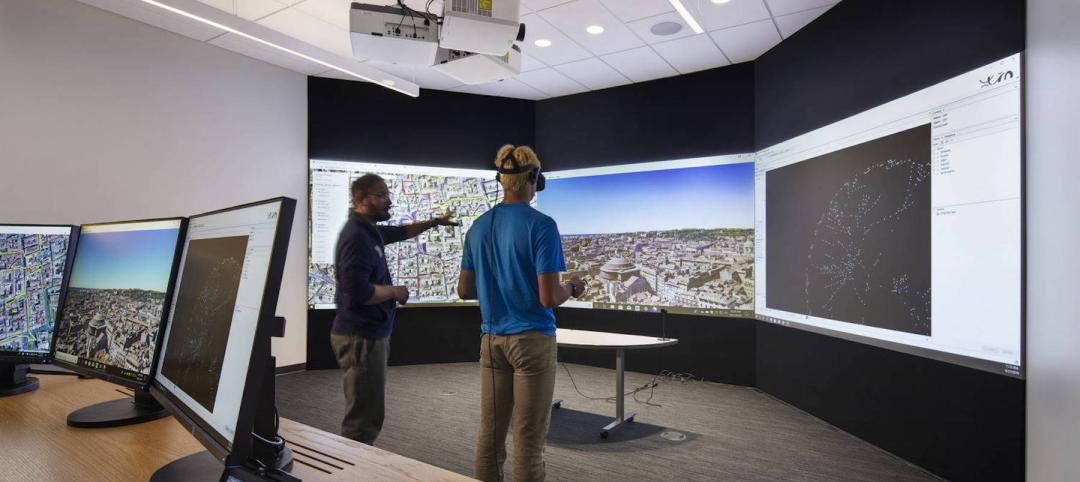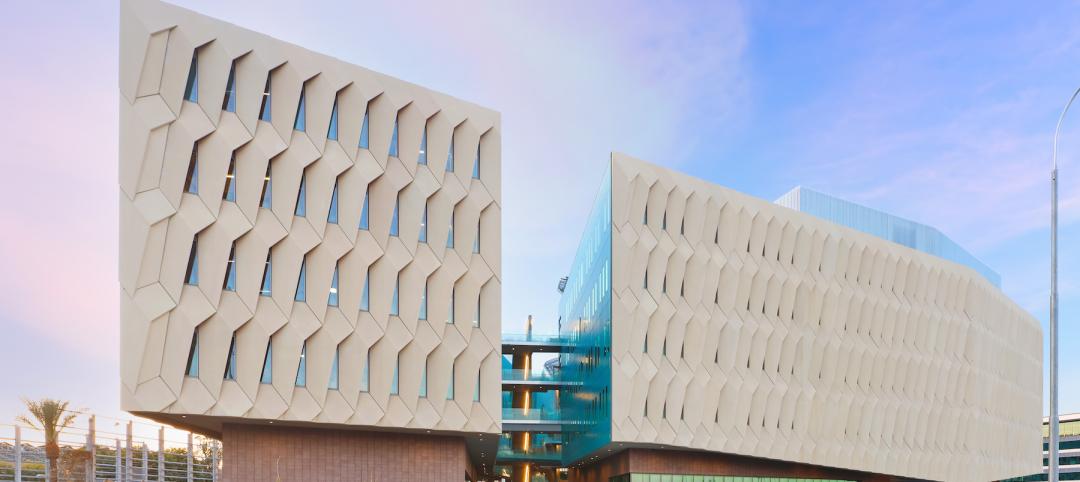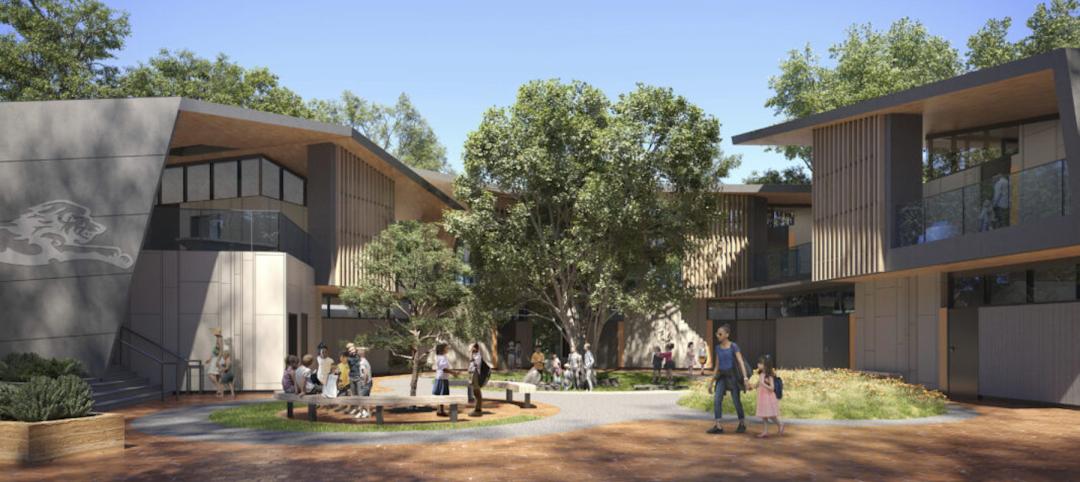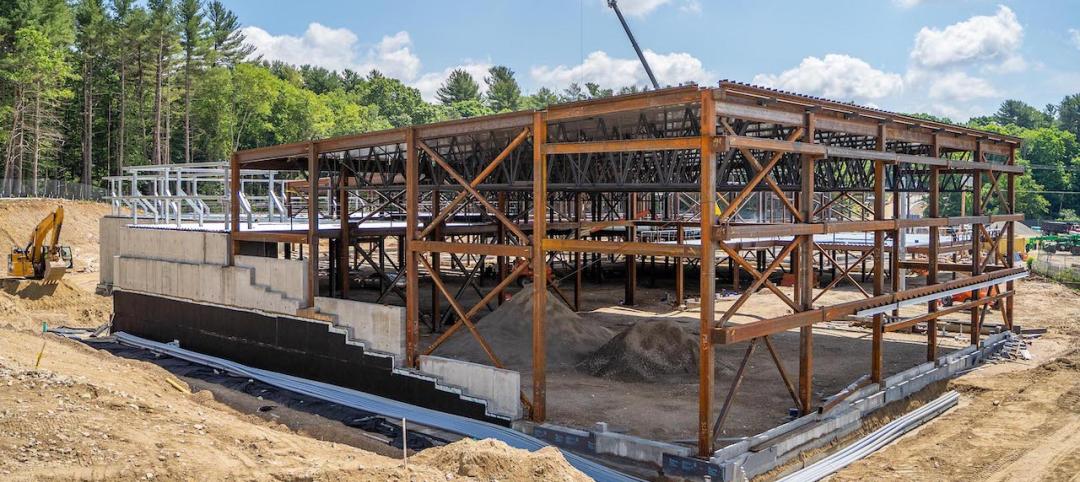MILWAUKEE, WI (November 30, 2010) – Robert Zimmerman, Manager – Engineering, Water Conservation & Sustainability at Kohler Co., in Kohler, Wisconsin, has joined the Board of Directors of the Alliance for Sustainable Built Environments. In his position at Kohler Co., Rob is involved with all aspects of water conservation and sustainability related to plumbing fixtures and faucets. Some of Rob’s responsibilities include working with government regulators and water utilities on water conservation program and code development, helping professionals in the green building industry understand how to design water-efficient buildings, and supporting and growing Kohler’s line of water-efficient plumbing products. Rob has presented training sessions on water conservation at national conferences, written numerous articles for trade publications, and is frequently quoted on water efficiency issues in the media. He is also actively involved in developing and implementing Kohler’s internal sustainability programs.
“I look forward to working with ASBE’s Board and its members to support our continued growth,” said Zimmerman. “ASBE’s mission of educating property owners, developers, facility managers, specifiers and the trades on the benefits of green building and sustainability is essential as society transitions toward more efficient use of water, energy and materials. I’m pleased to have the opportunity to serve on the Board.”
Founded in 2003, the mission of the Alliance is to transform the marketplace: to make green building best practices industry standards. To that end, it strives to raise awareness of sustainable development and promote the triple-bottom-line benefits delivered through high performance green buildings. Members include Eaton Corp., Forbo Flooring, Haworth, Johnson Controls Inc., Kohler Co., KONE, Milliken & Company, Philips Lighting, USG Corporation and Watertronics.
“We are delighted to have Rob join the ASBE Board,” said Craig Zurawski, Executive Director of ASBE. “He brings an extensive knowledge base and a background of practical application to an area of sustainability that is gathering a lot of attention and momentum in the green building industry. His vast experience and connections within the national water conservation community should help bring ASBE’s mission to a greater audience.”
Rob currently co-chairs the WaterSense and Water Efficient Products Committee for the Alliance for Water Efficiency, co-chairs the Water Efficiency and Sustainability Issue Committee for the Plumbing Manufacturers Institute, and is a member of the Green Technical Committee for IAPMO. He has a BS in Chemical Engineering from Purdue University, and a MS in Engineering Management from the Milwaukee School of Engineering.
The Alliance for Sustainable Built Environments is a group of industry leaders who practice and are recognized for leadership in sustainability; that is economic, social and environmental responsibility. It is committed to delivering high performance sustainable solutions for the built environment. To learn more about the Alliance, its members and the green building industry, go to www.greenerfacilities.org or call 866-913-9473.
Founded in 1873 and headquartered in Kohler, Wis., Kohler Co. is one of America’s oldest and largest privately held companies. Kohler is a global leader in the manufacture of kitchen and bath products, engines and power generation systems, cabinetry, tile and home interiors, and an international host to award-winning hospitality and world-class golf destinations.
Related Stories
AEC Tech | Aug 8, 2022
The technology balancing act
As our world reopens from COVID isolation, we are entering back into undefined territory – a form of hybrid existence.
Legislation | Aug 5, 2022
D.C. City Council moves to require net-zero construction by 2026
The Washington, D.C. City Council unanimously passed legislation that would require all new buildings and substantial renovations in D.C. to be net-zero construction by 2026.
Cultural Facilities | Aug 5, 2022
A time and a place: Telling American stories through architecture
As the United States enters the year 2026, it will commence celebrating a cycle of Sestercentennials, or 250th anniversaries, of historic and cultural events across the land.
Sponsored | | Aug 4, 2022
Brighter vistas: Next-gen tools drive sustainability toward net zero line
New technologies, innovations, and tools are opening doors for building teams interested in better and more socially responsible design.
| Aug 4, 2022
Newer materials for green, resilient building complicate insurance underwriting
Insurers can’t look to years of testing on emerging technology to assess risk.
Sustainability | Aug 4, 2022
To reduce disease and fight climate change, design buildings that breathe
Healthy air quality in buildings improves cognitive function and combats the spread of disease, but its implications for carbon reduction are perhaps the most important benefit.
Multifamily Housing | Aug 4, 2022
Faculty housing: A powerful recruitment tool for universities
Recruitment is a growing issue for employers located in areas with a diminishing inventory of affordable housing.
Multifamily Housing | Aug 3, 2022
7 tips for designing fitness studios in multifamily housing developments
Cortland’s Karl Smith, aka “Dr Fitness,” offers advice on how to design and operate new and renovated gyms in apartment communities.
Building Materials | Aug 3, 2022
Shawmut CEO Les Hiscoe on coping with a shaky supply chain in construction
BD+C's John Caulfield interviews Les Hiscoe, CEO of Shawmut Design and Construction, about how his firm keeps projects on schedule and budget in the face of shortages, delays, and price volatility.
Codes and Standards | Aug 3, 2022
Some climate models underestimate risk of future floods
Commonly used climate models may be significantly underestimating the risk of floods this century, according to a new study by Yale researchers.
















